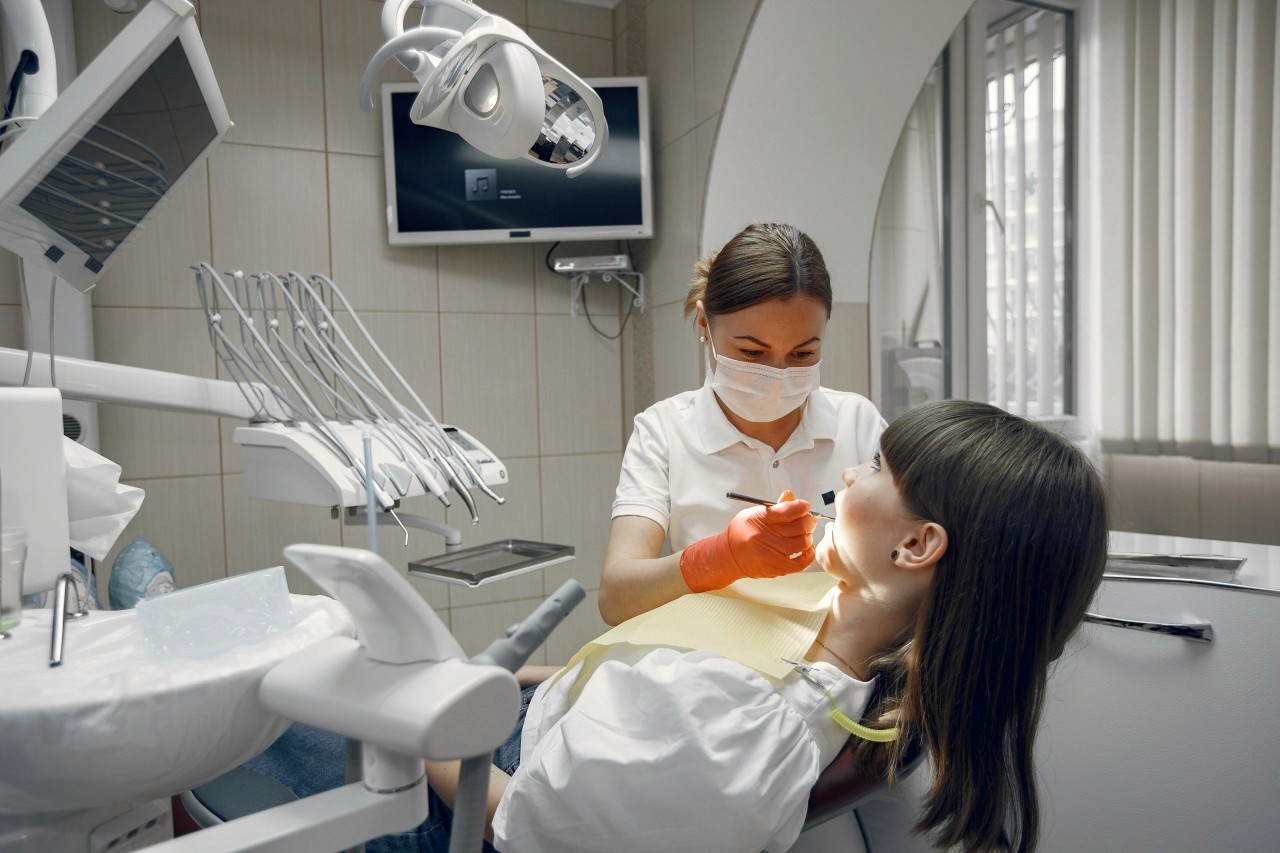Resources for dental hygienists
Imagine being able to seamlessly work across state lines without the cumbersome process of maintaining multiple licenses. Thanks to the Dentist and Dental Hygienist Compact, it's now possible to have career flexibility and opportunities to practice in various states with ease.
Jan 16, 2025
What is the Dentist and Dental Hygienist Compact?
Through the Dentist and Dental Hygienist Compact (DDH Compact), you can now practice in multiple states without maintaining separate licenses for each jurisdiction—similar to how a driver's license works across state lines.
The compact has reached a significant milestone with seven states joining as of January 2025: Maine, Kansas, Virginia, Tennessee, Washington, Iowa, and Wisconsin.
To participate, you'll need to meet specific requirements: hold an active license in a participating state, pass the National Board Examination, complete a clinical assessment, and graduate from a CODA-accredited program. Once qualified, you can practice across compact states without the administrative burden of maintaining multiple licenses.
Current Status and Implementation of the DDH Compact
The Dentist and Dental Hygienist Compact has reached a crucial milestone with Maine becoming the seventh state to join, officially triggering the compact's activation status.
Currently, Kansas, Virginia, Iowa, Washington, Tennessee, and Wisconsin have also passed the necessary legislation, while Minnesota, Colorado, Missouri, Ohio, Pennsylvania, and New Jersey have pending legislation.
While the compact is now activated, there's still significant work ahead before dental hygienists can begin practicing across state lines. The implementation process is expected to take 18-24 months, during which time the newly established Compact Commission will develop the rules and application process for compact privileges.
The Commission, composed of representatives from each participating state, will oversee the creation of the application process and be responsible for vetting applications. They're scheduled to meet next on January 21, 2025, to continue working on implementation details.
The first compact privileges are anticipated to be issued approximately one year from now.
You can monitor the progress and stay informed about developments through the official DDH Compact website.
How the Compact Will Work for Dental Hygienists
To participate in the Dentist and Dental Hygienist Compact, you'll need to meet specific eligibility requirements and follow a structured application process. Here's a detailed breakdown of how it will work:
Eligibility Requirements
Before applying for compact privileges, you must meet these core requirements:
Hold an active, unencumbered license in a participating compact state
Have successfully passed the National Board Examination or an equivalent assessment
Complete a clinical assessment
Graduate from a dental hygiene program accredited by the Commission on Dental Accreditation
Have no disqualifying criminal history
Application Process
Once the compact becomes fully operational (expected within 18-24 months), you'll be able to apply through the compact commission rather than individual state boards. The application will be available on the DDH Compact website, streamlining the process of obtaining practice privileges in other member states.
Practice Considerations
When working under compact privileges, you'll need to:
Follow the scope of practice and laws of each state where you work
Complete continuing education requirements only for your primary state of licensure
Maintain good standing with your primary license
Practice within the guidelines set by each state's dental board
How Dental Hygienists Will Benefit from License Portability
License portability opens up exciting opportunities for dental hygienists seeking more control over their careers.
The economic benefits are substantial. Currently, dental hygienist wages vary significantly by state, from the national median of $87,530 to as high as $123,510 in Washington state. License portability will allow you to take advantage of these wage differences, particularly if you're interested in temporary assignments in higher-paying regions.
The compact also reduces administrative overhead. You'll only need to complete continuing education requirements in your primary state, and you won't have to maintain separate licenses for each state where you practice. This streamlined approach makes it easier to:
Accept temporary assignments in different states
Relocate without interrupting your practice
Work in metropolitan areas that span multiple states
Build a flexible schedule across different locations
For those interested in modern work arrangements, license portability aligns perfectly with temporary and travel work opportunities. You can create a varied career path that includes both short-term assignments and longer engagements, all while maintaining a single primary license.
Preparing for the DDH
As license portability becomes a reality through the Dentist and Dental Hygienist Compact, you can take several steps to position yourself for these emerging opportunities.
Start by ensuring you meet the basic eligibility requirements, including maintaining an active, unencumbered license and completing all required clinical assessments.
Stay informed about compact developments through professional channels. Bookmark the official site for the latest updates, and join your state's dental hygienists' association to receive legislative updates. Consider participating in your association's advocacy efforts, as state-level support is crucial for compact implementation.
Take proactive steps to improve your professional mobility:
Maintain detailed records of your continuing education and clinical experience
Research practice acts in neighboring states where you might want to work
Build a digital portfolio of your credentials and certifications
Network with colleagues in potential practice locations
Use dental hygienist platforms like Teero to find temporary opportunities and gain more experience
Remember that while the compact will simplify licensing, you'll still need to understand and comply with each state's specific practice laws. Consider joining professional forums or study groups focused on cross-state practice requirements to build your knowledge base ahead of these changes.
